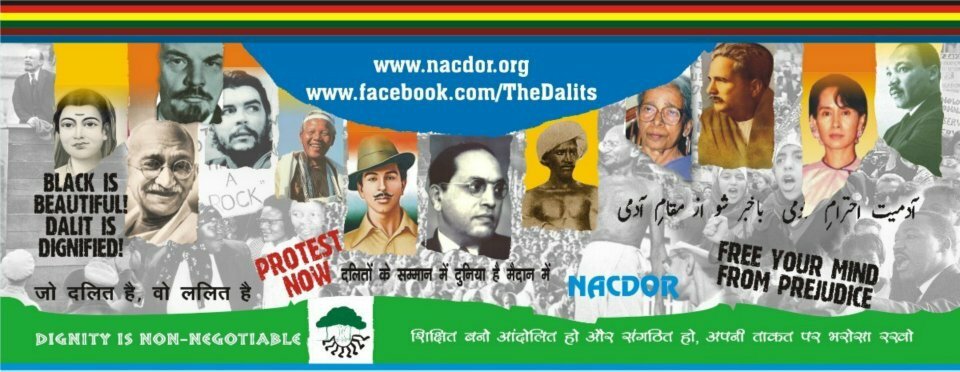The Dilemma of Caste and Casteism
A section of people argue that caste is not bad but casteism is bad. However, empirical evidence shows that caste and casteism cannot be separated and only the beneficiaries of the system propound these ideas. The upper castes take pride in claiming their high and superior social status and, therefore, do not oppose the caste system. On the cultural front, they continue to adopt the symbols of purity and superiority like vegetarianism, sacred thread, tilak on forehead and use of surnames like Joshi, Trivedi, Sharma, Thakur, Chaudhari, etc. Politically, as M.N. Srinivas has rightly said, Indian politics is caste politics and not party politics and "castes" play as "vote banks". No political party is an exception to this reality. Inter-caste marriages are considered to be the best indicators of breaking down the caste system. But, even after two centuries of socio-cultural reformation in India and about three-fourth of a century of social and political democracy, they remain the exception. The castes continue to exist even in the religions that fought against caste discrimination, for example, Sikhism, Islam and Christianity.
Today, it is generally assumed that educated people in India do not believe in caste and casteism. Unfortunately, it is not true. The Indian educated class is mistaken for being secular due to westernized education, and process and practices of western lifestyles. At the micro levels, they continue with their caste customs. True secularism is yet to reach the public and private houses, kitchens and wells. The pattern of social intercourse that is overly seen continues at urban and metropolitan centres, which is again enforced by lifestyles. Educational centre have become now centers of caste, language and religion. It may be noted that the caste system and casteism are not legally barred unlike untouchability.
The traditional monopoly of land owning, cultural and economic exploitation, politics, trade and business, education and intellectual power continues to be carried forward by the same upper castes. Discrimination and deprivation on the basis of caste in any form cannot be taken as religious or as a national value in any democratic society. That is why, as a social compensation, independent India made special provisions for the downtrodden who have been victims of the caste system. It may be noted that such compensatory provisions are made available in most of the developed and developing countries. Unfortunately, our socializing agencies (including education) are influenced by the western culture of materialism and individualism and tend to ignore the gross socio-cultural realities. These issues of caste, exploitation, suppression and discrimination are getting sidelined day by day. We hardly see any NGO or any social or political organization that takes up these issues. The problem lies with the educated ones and, therefore, it is necessary to educate the educated. It is a must for all of us to de-caste ourselves consciously.

